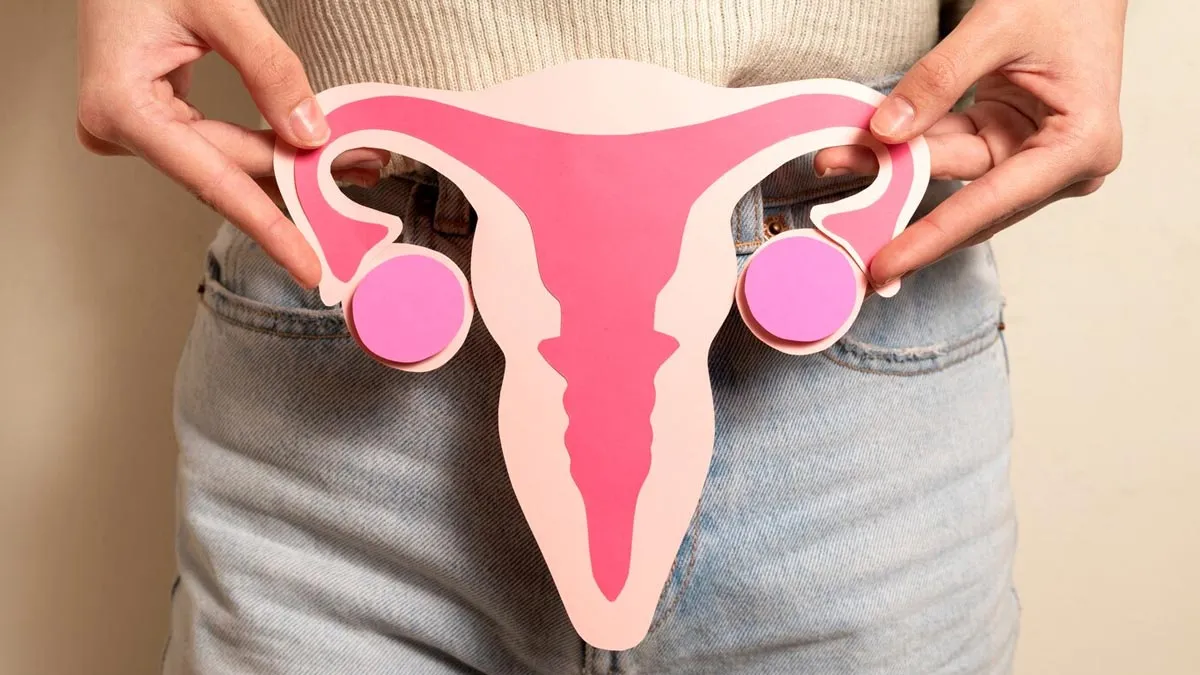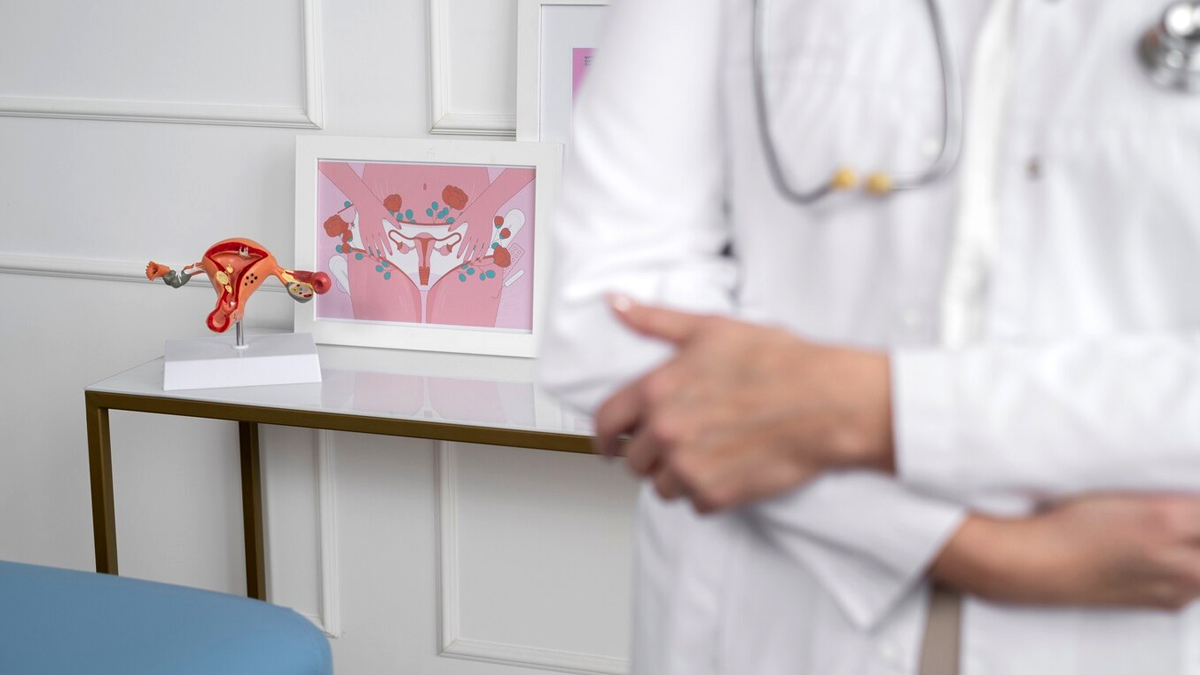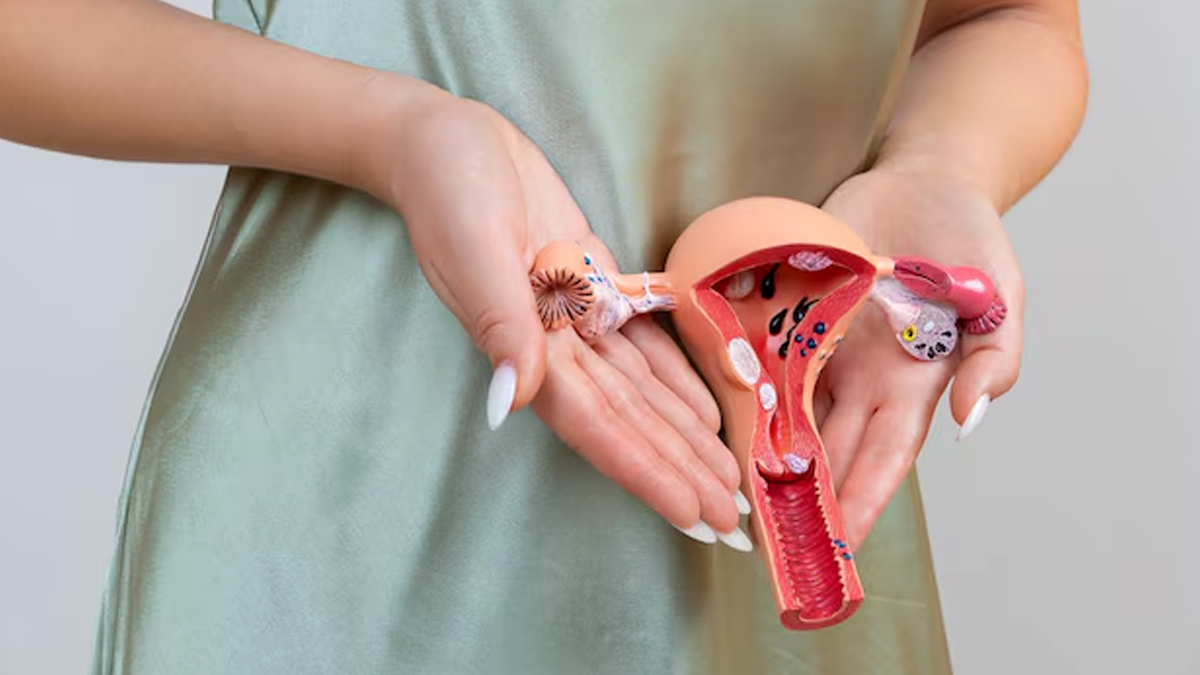
For many women, uterine fibroids are an accidental discovery, often found during a routine pelvic exam or while investigating issues like heavy periods or trouble conceiving. These non-cancerous growths in or on the muscle wall of the uterus are more common than we think, especially among women in their 30s and 40s. Some live with fibroids for years without even realising it, while others find that these growths interfere with daily life.
Table of Content:-
Therefore, one often wonders whether it is okay to delay treatment, particularly surgery, or whether they should get it immediately. The answer isn't that simple, but here's what Dr Renu Sehgal, Chairperson - Department Of Obstetrics and Gynaecology, Artemis Hospitals, Gurgaon, told the OnlyMyHealth team.
Also Read: Is Irregular Period Always a Red Flag? Doctor Explains
When Is It Okay To Delay Fibroid Surgery?

According to Dr Sehgal, surgery may not be necessary in every case. If the fibroids are causing only mild or no symptoms and are not affecting fertility, patients can often delay surgery. Women who are trying to conceive may also be advised to wait and monitor their symptoms, especially if the fibroids are not distorting the uterine cavity.
Additionally, age plays an important role. For women nearing menopause, fibroids tend to shrink naturally as hormone levels decline, which might reduce or even eliminate symptoms, shared Dr Sehgal, adding that in such cases, regular monitoring, along with medication, can be an appropriate and less invasive management strategy.
Hormonal therapies can help manage symptoms by temporarily shrinking fibroids or reducing heavy bleeding. These include Gonadotropin-Releasing Hormone (GnRH) agonists or progesterone modulators. While these do not remove fibroids, they can help in delaying or avoiding surgery.
Symptoms That Shouldn’t Be Ignored

While some women can wait to get their surgeries, others may need urgent intervention. Dr Sehgal warns that certain symptoms call for immediate medical attention. “If you are bleeding heavily, and it soaks more than one pad or tampon every hour, especially if you feel lightheaded, faint, or dizzy, or have a fast heartbeat, you need to see a doctor right away,” she explained. “If you suddenly have severe pain in your pelvis or lower back, can't urinate or pass stool, or are confused or lose consciousness, you should also get help,” she added, highlighting that these could mean that you have severe anaemia, bleeding problems, or fibroid degeneration.
Also Read: World IVF Day 2025: Do Uterine Fibroids Affect Implantation?
Risks Of Waiting Too Long
Delaying fibroid treatment when it's medically needed can lead to worsening symptoms and complications. Large fibroids can press against nearby organs, resulting in urinary or bowel issues. Continued heavy bleeding may lead to chronic anaemia, fatigue, and a reduced quality of life.
A 2022 study published in Experimental and Therapeutic Medicine highlighted the stories of three women with dangerously low haemoglobin levels due to untreated fibroids and heavy bleeding. Despite severe symptoms, they delayed care because of personal or social reasons. All eventually needed surgery.
In rare cases, rapidly growing fibroids could be mistaken for or conceal more serious conditions like uterine sarcoma. “A fibroid that grows quickly might hide a more serious condition. Getting medical help on time can help avoid these problems and make it easier to treat them before they get worse or affect your health in general,” Dr Sehgal noted.
Treatment Choices Based On Age And Fertility Plans

One of the most crucial factors in fibroid treatment is a woman's reproductive goals. Younger women hoping to conceive often prefer myomectomy, a surgical procedure that removes fibroids while preserving the uterus, Dr Sehgal recommended.
For women approaching menopause or those who have completed their families, hysterectomy, the removal of the uterus, might be a more definitive and long-term solution.
Takeaway
Uterine fibroids are common and manageable, but the decision to treat them should be individualised. With guidance from your doctor, you can explore options based on your symptoms, age, and fertility goals, ensuring both safety and peace of mind.
Also watch this video
How we keep this article up to date:
We work with experts and keep a close eye on the latest in health and wellness. Whenever there is a new research or helpful information, we update our articles with accurate and useful advice.
Current Version
